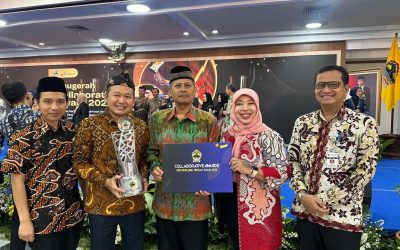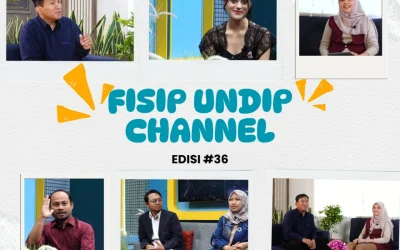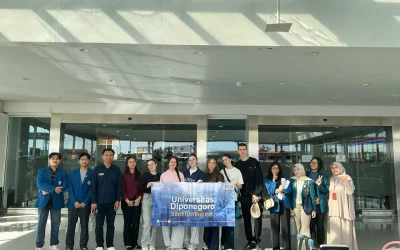The history of National Education Day could not be separated from the figure and struggle of Ki Hadjar Dewantara, the pioneer of education. Ki Hadjar Dewantara had a motto that he always applied in the education system. In its entirety, the motto in Javanese read “ing ngarso sung tulodho, ing madyo mangun karso, tut wuri handayani“. The meaning of the motto was “in front, an educator must provide an example or good example of action, in the middle or among the students, an educator must create initiatives and ideas, and from behind an educator must be able to provide encouragement and direction”.
Education was a primary need for everyone, therefore, every citizen deserved the education. The awareness on the importance of education could provide hope and better possibilities in the future. This had encouraged various efforts and attention from all levels of society towards every step and development of the education sphere. Education itself was one of the efforts to improve the quality of the human life with the aim of humanizing humans, maturing, and changing the behavior, as well as improving the quality for the better.
Prof. Dr. Dra. Ari Pradhanawati, M.S, The Professor of the Social and Political Sciences Faculty, Universitas Diponegoro, defined the National Education Day in the world of higher education by supporting the policies of the Minister of Education, Culture, Research, and Technology regarding the Kampus Merdeka, Merdeka Belajar to move together. The higher education collaboration with the world of the work could have an important impact on all stakeholders involved. Talking about the cooperation in curriculum development and delivery, the attention must be focused on the student learning profiles, the course content and providing methods, skills and competencies acquired.
“The tagline of the Kampus Merdeka, Merdeka Belajar, means that there are eight programs that must be implemented. One of which is the internship program that is carried out not only in one or two months but one semester. In addition, there is the Permata Merdeka program which is a national student exchange program with the aim of equipping the students with the competence in their fields of study. This program is carried out by taking courses at other universities in Indonesia or partner universities, ” she said. “Inter-island lectures may also be held, for example the speaker comes from other universities, and the participants come from various universities. It means that we are free to study with anyone by inviting guest lecturers,” she continued.
Prof. Ari said, now of course the education must be in line with the pandemic period, where everything was carried out virtually. “Even though it is online, there must be enthusiasm. In fact, this opportunity will increase the knowledge of technology. Lecturers, students and all of them must not be clueless or fail on understanding the technology because now people must be technology literate. Initially from offline then changing to an online model, ” she said.
“Our role in advancing the education at Undip is indeed supporting the World Class University program either, by increasing the human resources for the lecturers, academic staff and students. For example, the increasing the number of our doctors and professors or further studies for the educational staff. Besides, it also happens by improving skills, research, dedication and raising the ratings. Such as, the ranking by the Scimago Institution Rankings (SIR) where Undip is the best university in eighth position. The ranking has an impact on the popularity of a university to attract the prospective students, ” she said.
“If our students do wrong, the way to educate them properly is not by having to punish them. That is not the main solution to create a deterrent effect. Instead, we can teach them by providing the direction, role model, support and guidance. If they repeat their mistakes, we have to educate them again. Don’t punish them immediately. Yet, if in the end we have to punish them anyway, we have tried to educate them beforehand. Make sure we have tried to educated them how to solve their problems. We ought to take care of their psychology as well. Don’t ignore it or they will be rebels, ” she concluded. (Linda-Public Relations)
Source: undip.ac.id





0 Comments